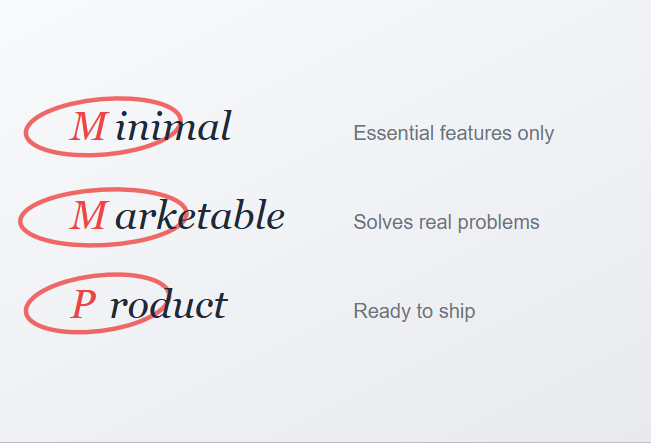Why Do Some Products Soar While Others Flounder?
What Makes the Difference Between Success and Failure in Product Development?
The difference between a soaring success and a forgotten failure often boils down to one critical element: the art of problem-solving. It’s a multifaceted dance involving funding, timing, market fit, and sheer determination. Yet, at the heart of every triumph lies a common thread — addressing genuine needs and creating solutions that resonate on a deep, emotional level.
Imagine having a solution that doesn’t just exist but genuinely eases a specific pain point. This is where true innovation resides. It's not merely about functionality; it’s about creating an emotional connection with users. But why is this so crucial?
Many businesses today attempt to solve problems without fully understanding the depth or the specific nuances of the issue. They offer general solutions that lack the precision needed to address particular pain points, leading to partial satisfaction among users. Here’s where they fall short:
- Lack of Specificity: Current solutions often address problems too broadly, missing the finer details that could make a significant impact. For example, a 2023 survey by UserTesting found that 64% of users abandon products due to a lack of personalization and specific relevance.
- Poor User Experience: Many solutions are functional but fail to create an engaging or habit-forming experience, causing users to abandon them. According to a study by Forrester, improving UX design can increase conversion rates by up to 400%.
- Insufficient Integration: Solutions that don’t seamlessly fit into users' daily lives often get discarded. Gartner's 2022 report indicated that 75% of users prefer products that integrate smoothly with their existing workflows and systems.

To craft a solution that not only works but thrives, consider the following key features:
- Deep Market Understanding: A profound grasp of the target audience’s needs and challenges is paramount. This involves rigorous market research and user feedback. According to Harvard Business Review, companies that invest in thorough market research are 3.5 times more likely to see increased customer satisfaction.
- Superior User Experience: The solution should not just be useful but delightful. It must be intuitive, engaging, and capable of forming habits. A study by McKinsey found that design-driven companies outperform their peers by 2:1 in revenue growth.
- Seamless Integration: Ensure the product fits effortlessly into the users' existing routines and workflows. A survey by TechRepublic showed that 68% of users are more likely to adopt a product that integrates well with other tools they use daily.
- Scalability: The solution should grow with the users, offering more value as they engage more deeply. According to BCG, scalable solutions can lead to a 50% higher market share.

The journey of innovation from idea to habit forming involves:
Navigating the intricate path of innovation requires a keen sense of timing, a pulse on market needs, and a deep well of tenacity. It’s about knowing when to step forward, armed with a solution that’s not just good, but nine times better than the alternatives. After all, old habits die hard, and a new entrant must shine brilliantly to disrupt the status quo.
In a world where attention is a prized currency, turning occasional users into devoted customers is an art. The key? Creating a compulsion, a drive that keeps users coming back. It’s about offering not just a product, but an experience that seamlessly weaves itself into their daily lives. A study by Hooked Media found that products with habit-forming qualities see a 60% higher retention rate compared to those that don’t.
Building habit-forming products is a powerful endeavor, but it comes with a responsibility. It’s a call to elevate lives, not ensnare them. The distinction lies in crafting solutions that add value, that become indispensable tools of progress. Ethical product design is becoming a significant factor, with 70% of consumers indicating they prefer companies that prioritize ethical considerations (Edelman Trust Barometer, 2023).

By focusing on understanding user needs, creating superior experiences, and ensuring seamless integration, we can transform how products are developed and adopted, ultimately leading to greater success and satisfaction.
Ready to take your business to the next level? Let’s make it happen.
Recommended For You
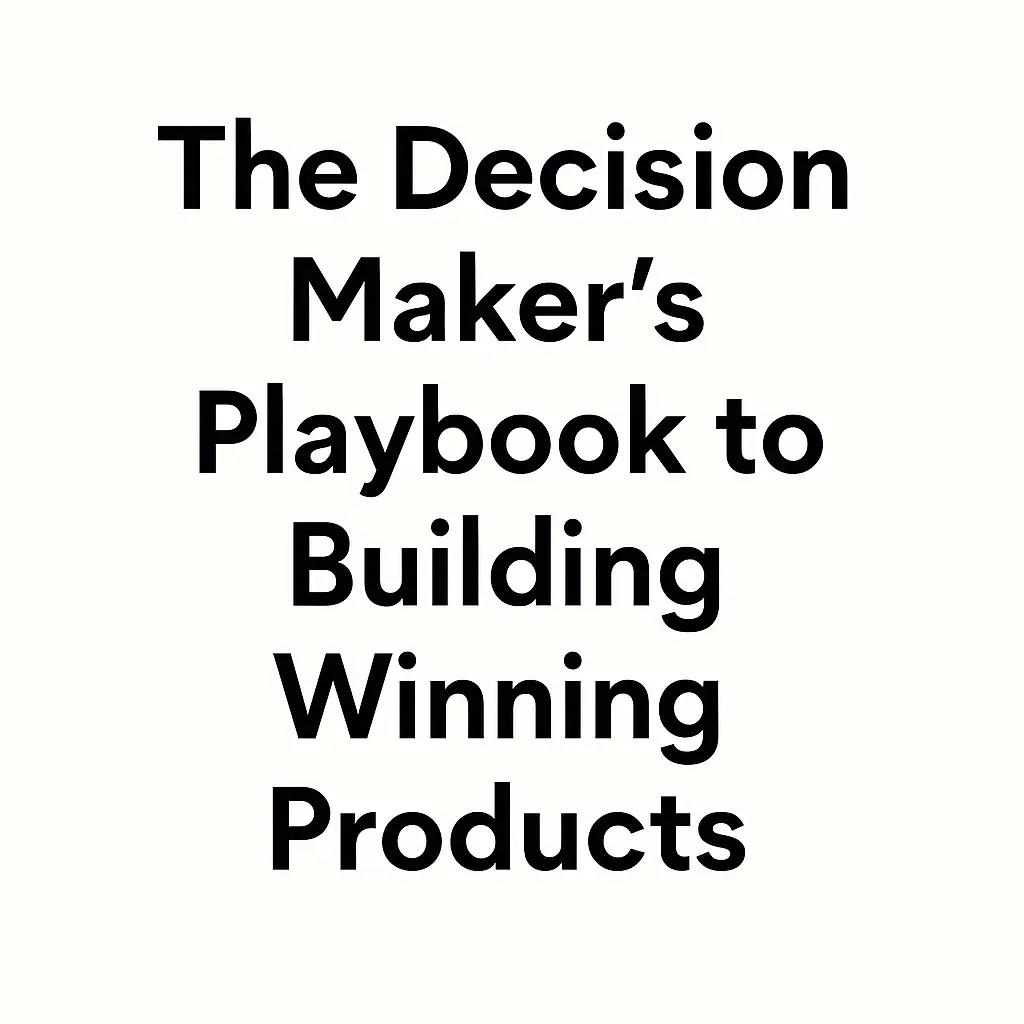
The Decision Maker’s Playbook to Building Winning Products
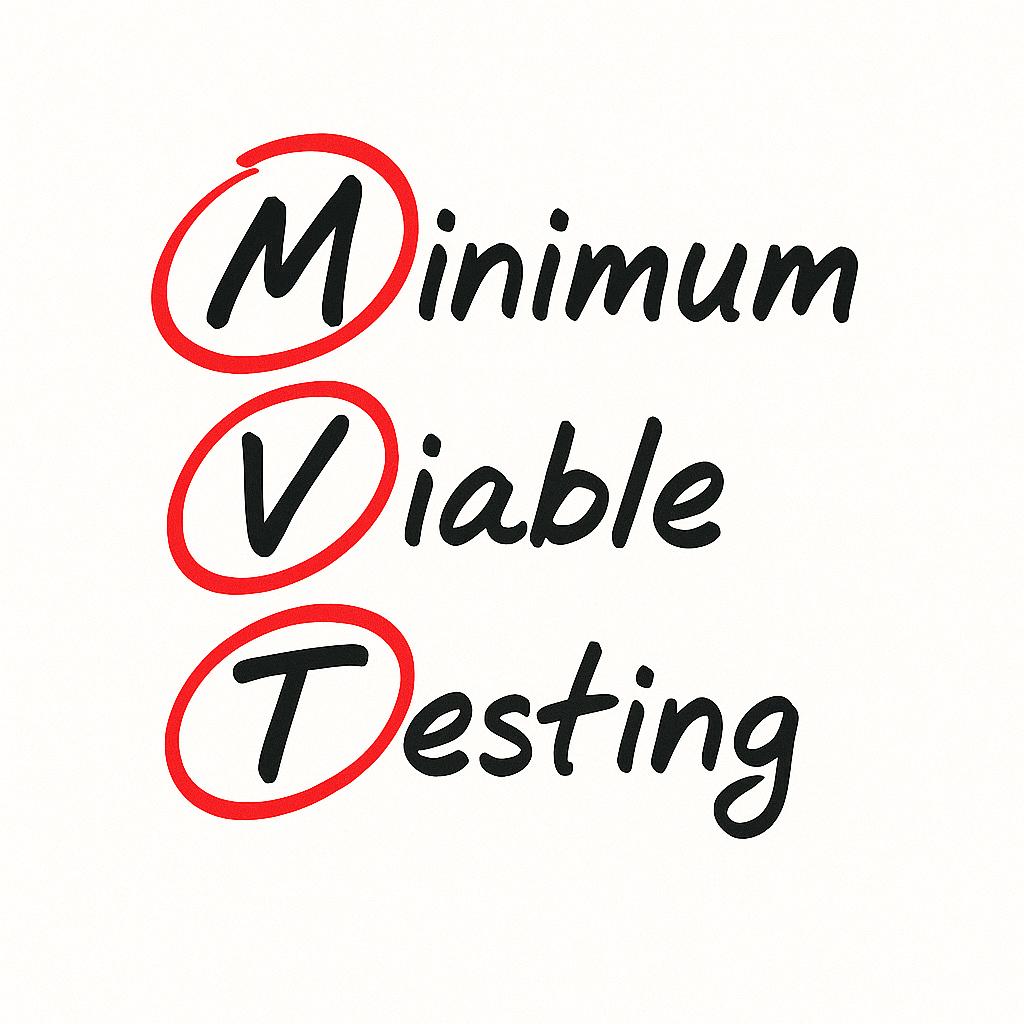
Test Ideas Smarter
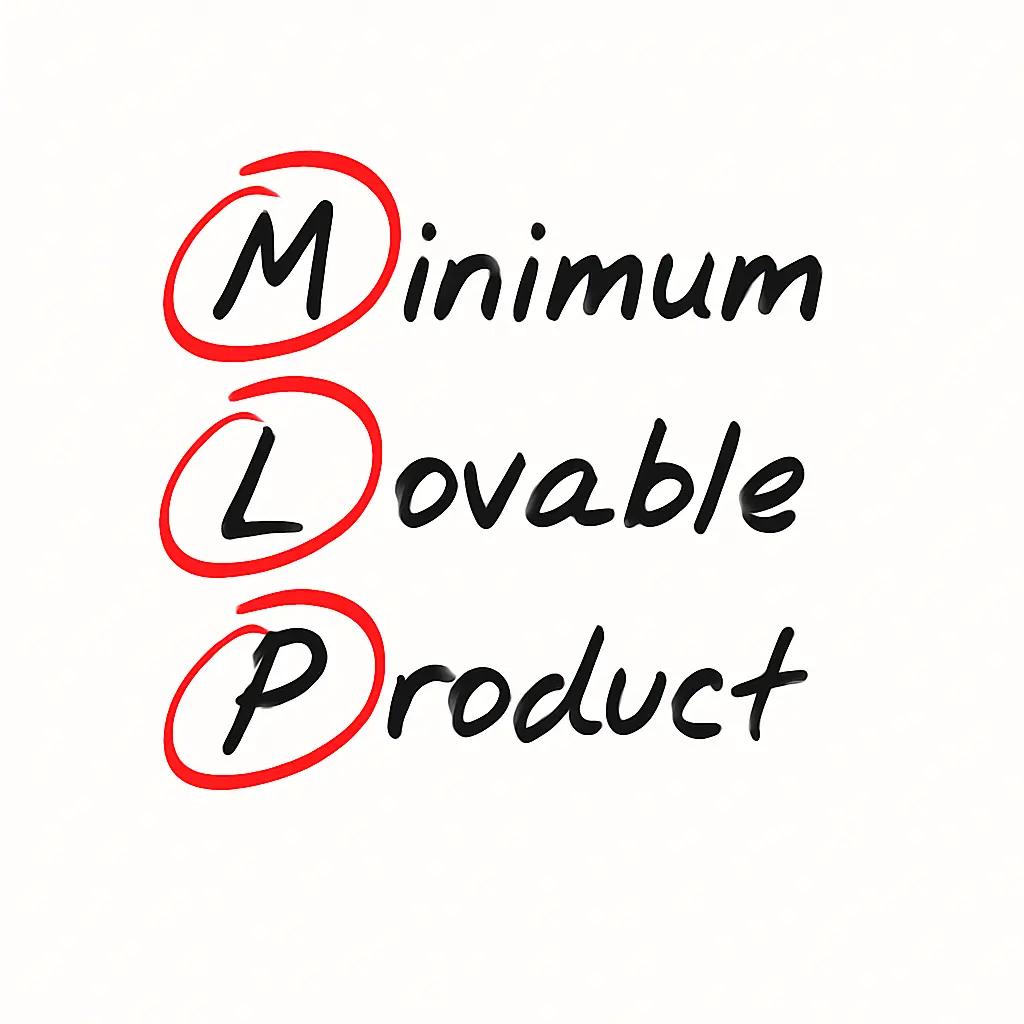
How a Minimum Lovable Product Delivers Success

Unlock Faster, Safer Websites: Why Businesses Are Choosing Next.js Over WordPress
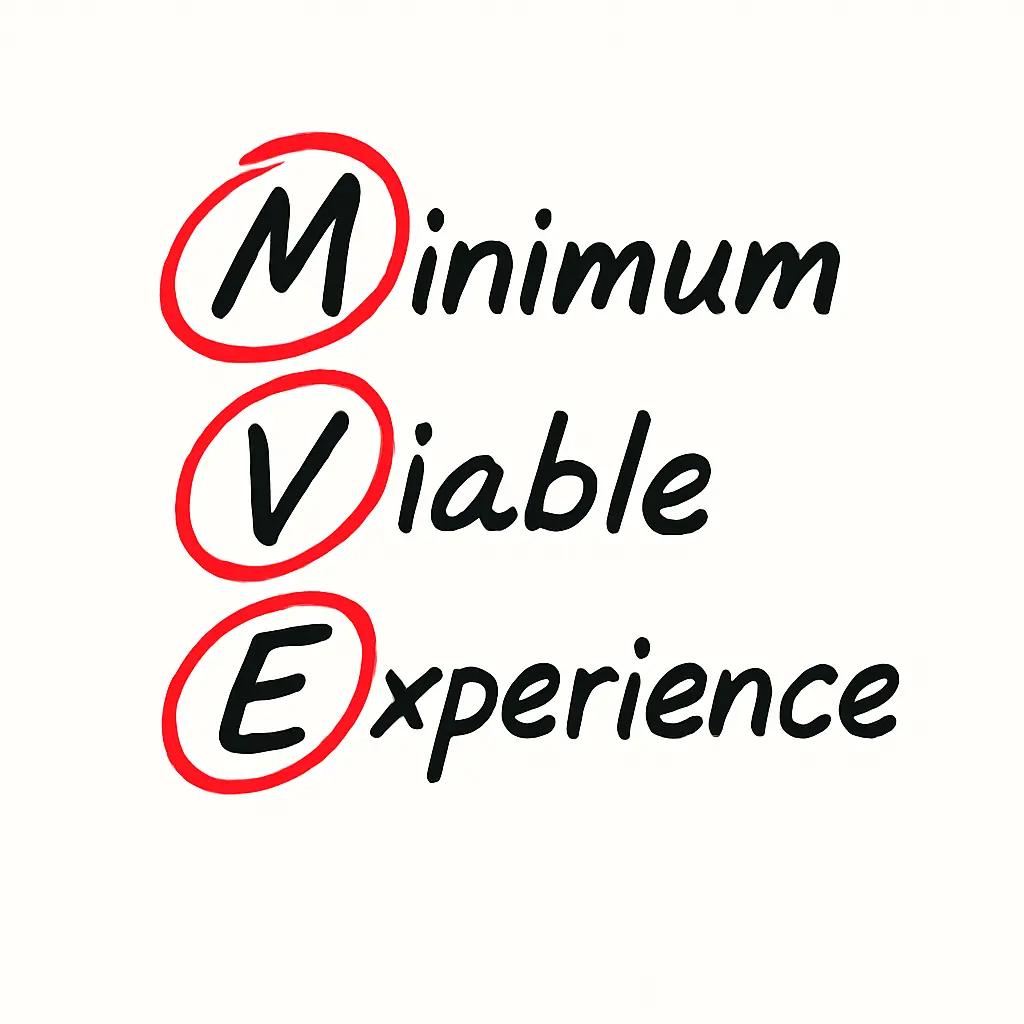
How to Skyrocket Engagement and Sales with Minimal Viable Experience

How Can You Deliver Software That Wins Customers and Beats the Competition?
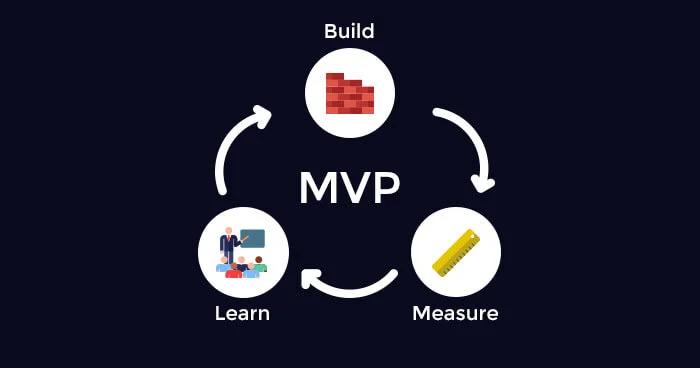
Is Your Startup Idea Worth It? Discover How an MVP Can Save You Time and Money
